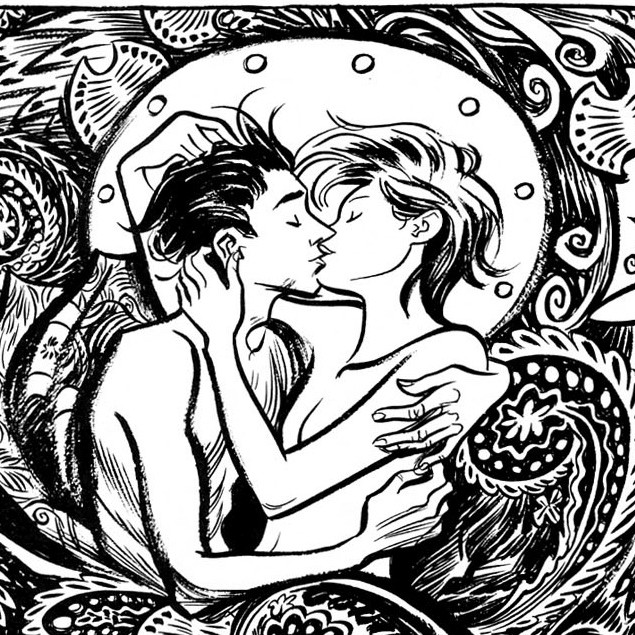I listen to a lot of music. This is known.
A byproduct of that is that for long periods of time, certain artistes take on more, or very little, prominence in my playlists, a function of recent release schedules, my soundscape mood (there are times when nu-retro reigns supreme on my headphones, for example, or ambient anime piano), and pure serendipity.
The third factor, that of serendipity is what leads to goosebumps, when a song that I haven’t heard in a long while suddenly emerges front and center. Today was one such day, when a tune from Susheela Raman’s Love Trap, an album that defined 2004-05 for me, materialized in my head, and of course, I had to play the album from beginning to end. I was going about my morning with a smile and a skip, as song after song came on, releasing dopamine hits and unlocking half-buried aural memories. Suddenly, it was ‘Sakhi Maro’ on the speakers. If you know the song, you know it melts you like butter on a warm slice of bread. But today, out of all the times I have heard ‘Sakhi Maro’, I realized that the opening bars of the song reminded me of something else. Another song.
But what did it remind me of? I paused the song for a bit and thought about what exactly brought about that stray memory? It was definitely not Susheela’s voice or the tune itself. When I played it again from the beginning, it hit me. The gentle, melodic strumming that is the bedrock of the track reminded me of a Nusrat Fateh Ali Khan track from one of his collaborations with Michael Brook. There being two of those albums – Musst Musst and Night Song. A bit of quiet contemplation brought me to the exact track. It was the opening track to Night Song, called ‘My Heart, My Life’, with the exact same strumming that was part-guitar, part-harp.
Now I had always thought most sounds on the Brook albums were the Infinite Guitar, the musician’s own modification of the electric guitar. As it turned out, the sound on both the songs was a West African instrument called the Kora. It has 21 strings and has features of a lute and a harp. And once you hear a kora and realize how versatile it is, it’s hard to ever miss it. Tom Diakite plays the instrument on ‘Sakhi Maro’, Kaouding Cissoko from Senegal plays it on ‘My Heart, My Life’. On both the tracks, these guys steal the bulk of the thunder.
Here’s a minute long video that shows how the same instrument produces different kinds of sounds, demoed by musician Toumane Diabate.
And here’s an hour-long concert that’s a cello-kora duet featuring Ballake Sissoko and cellist Vincent Segal.
On an aside, the MTV Unplugged version of ‘Sakhi Maro’ has Sam Mills playing the guitar on the track, which added to my confusion. The track also features renowned percussionist and singer Kutle Khan on vocals and the khartal, making it arguably better than Susheela’s original interpretation.
I cannot but be awed by the things that I still do not know, and by the secrets these familiar friends from decades ago still manage to unravel.
(Also, this is the second time in a year that I have gone back to Susheela Raman on the blog. That must count for something!)
